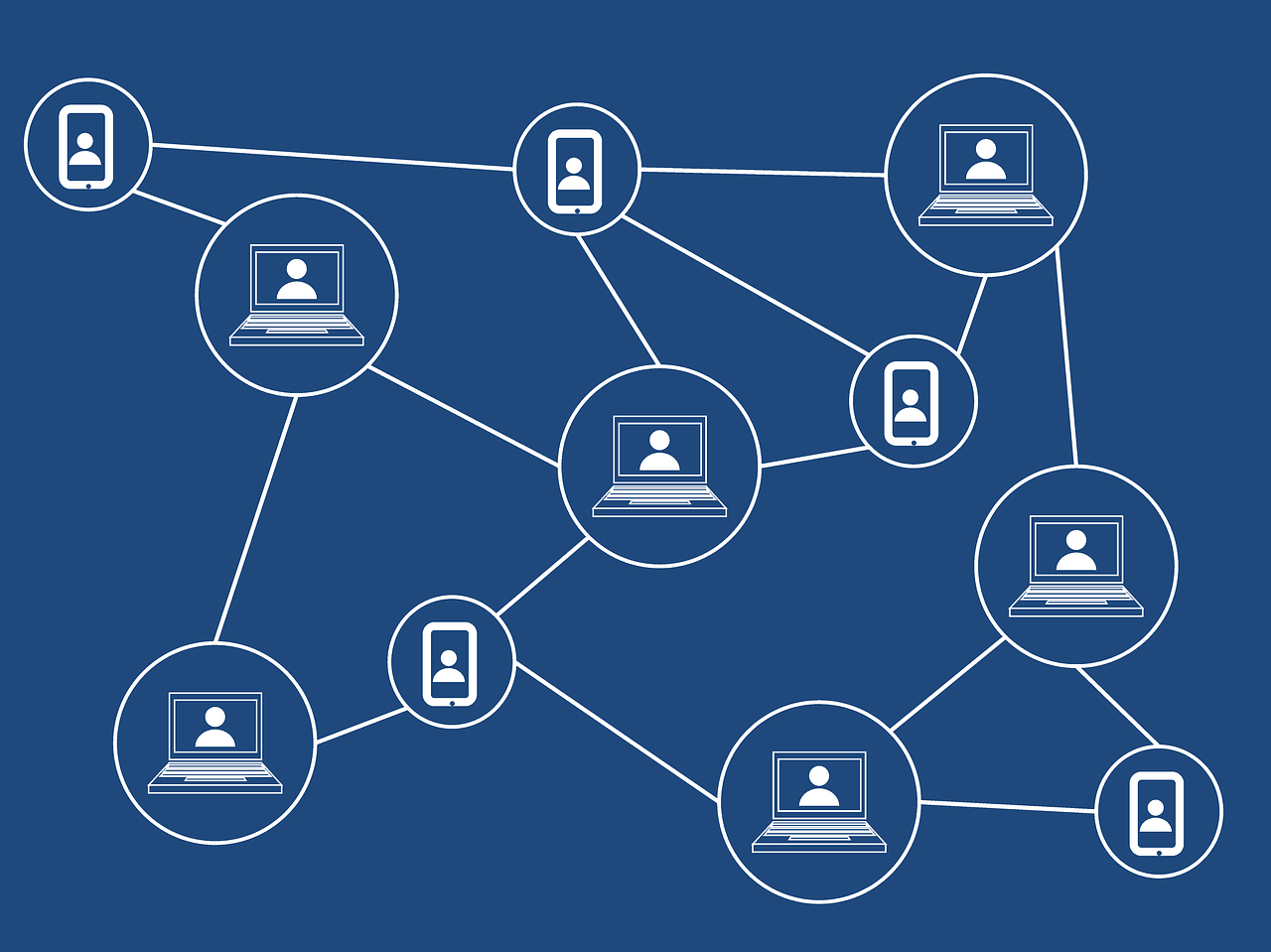Blockchain is changing how we administer healthcare with new efficiency models, safety and innovation.
A new approach
Healthcare is nebulous, with records stored in numerous different locations. This makes data sharing difficult (especially in emergencies) and takes control out of the patient’s hands. Most patients accrue enormous amounts of health data over their lives but often have no idea which information is saved, least of all how to access it. Data is frequently transferred between third parties without the patient’s knowledge, sometimes even to advertisers who profit from it. Storing records on a fully decentralised and transparent ledger gives control back to patients. They know what is being stored and how it's shared. MedicalChain and BurstIQ are working on ledgers like this.
@patientory
On-chain information also cuts out the administrative waste of current record-keeping techniques (thought to cost up to $935 billion per year in the US alone). Blockchain creates a single point of access for the vast number of organizations involved with patient care: doctor’s surgeries, hospitals, pharmacists, etc. This facilitates efficient coordination between health bodies and opens the way for personalized healthcare plans that take into account a patient’s full medical history. Blockchain companies including Coral Health, Patientory and Avaneer are all working in this direction, leading to better diagnoses, treatment plans and understanding of pre-existing conditions.
Safeguarding and innovation
Blockchain provenance has massive implications for how drugs are distributed and administered. The medical supply line is long, difficult to manage and open to fraud. Fully decentralized ledgers provide complete traceability from supplier to pharmacist. Blockpharma believes that it's already rooted out 15% of all fake medicines in the world.
@Encrypgen
Innovation can also be found in the field of research and development. Embleema empowers patients to assist with fast-tracked drug development by adding their data to a blockchain for research purposes. EncrypGen operates in the complex field of genomics, developing a blockchain for DNA mapping. Participants can upload their DNA information and profit from it: EncrypGen even has a native $DNA token. Nebula Genomics is building a huge ledger of encrypted, genetic information that saves pharmaceutical companies money over purchasing data from third parties. Doc.ai is even more innovative, using on-chain genomic data for medical trials and to develop predictive genomic models. The result is new treatments, innovations and a future healthcare system with blockchain at its core.


